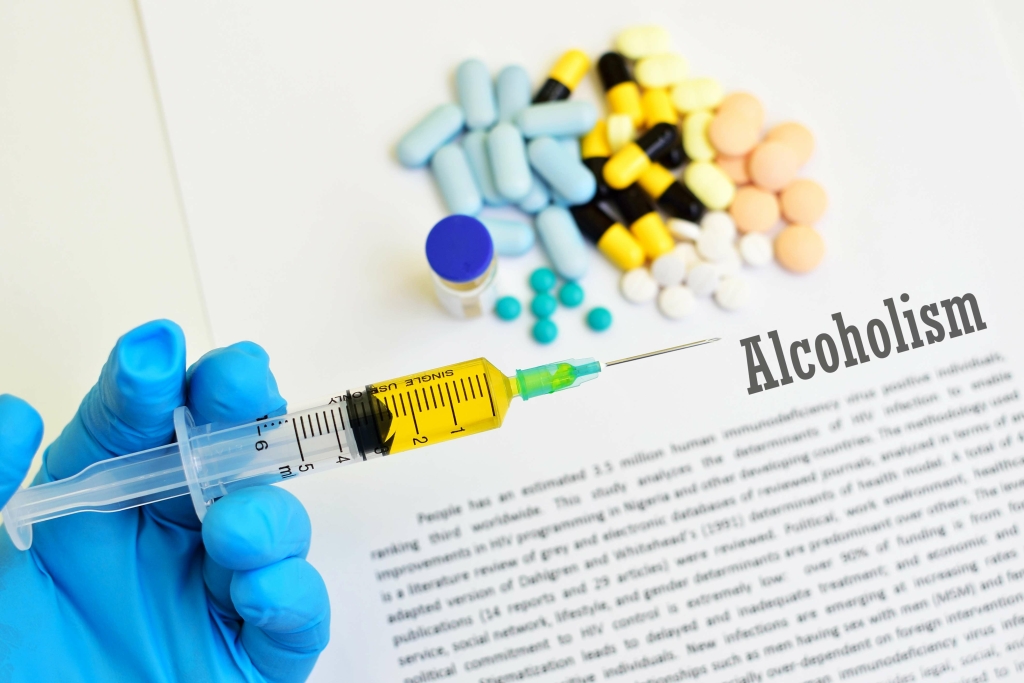A urine test can detect alcohol for 2 to 3 days after the last drink. The fastest way to eliminate alcohol is to rest, eat healthy foods, drink water, and wait. Expert marijuana addiction staff will assess and evaluate your condition to determine the best path for recovery. If you require a detox programme, our skilled professionals will provide support throughout the withdrawal process and detoxification. We will make the process easier by administering medications and therapies and ensuring 24-hour supervision in a peaceful environment. Alcohol detoxification programmes are treatment plans created for people dealing with alcohol dependency.
How to Flush Alcohol Out of Your System before Breathalyzer, Urine & Pre-Employment Drug Screening
- These medications can help to reduce alcohol levels in the body by increasing the rate at which alcohol is metabolized.
- Increasing your fiber intake can also help to quickly flush alcohol from your urine.
- Eating a diet rich in fruits, vegetables, and lean proteins can help to flush out any toxic substances and reduce the presence of alcohol in the body.
- Drinking water can raise urine production and support detoxification processes in the body.
So, if you are thinking about trying a detox tea, be sure to read the ingredients list and talk to your doctor if you have any concerns. As the body absorbs alcohol, this is what causes you to feel intoxicated. Alcohol can also affect the brain, causing slurred speech, poor judgment, and loss of coordination.
What Foods and Drinks Help Flush Alcohol Out of Your System?
- If you know you’ve had alcohol recently and might fail the test, being open about it is better than trying to deceive the results.
- No matter what level of care you choose to go with, getting professional help will always be your best option.
- It is important to note that if you have only recently consumed alcohol, it is unlikely that you will be able to flush it out of your system quickly.
- While exercising can be a great way to sweat out impurities in your body, it may not always be a good idea after a night of drinking.
Exercising regularly is another essential part of maintaining a healthy lifestyle and can help to reduce the presence of alcohol in the body. Exercising helps to flush out any toxins from the body, including alcohol, and can help to reduce the presence of alcohol in the body. Drinking plenty of water before an alcohol urine test can help to dilute the urine sample, which can help to reduce the presence of any alcohol. It is important to note that drinking excessive amounts of water can cause the urine sample to appear too diluted and result in a false negative. It is best to drink a moderate amount of water to ensure that the sample is not too diluted.
Detoxification Methods
Other methods — breath, hair, and blood tests — can detect recent alcohol consumption. EtG urine tests can detect recent drinking with a 70% accuracy — although one 2017 study showed http://hbconnect.hu/what-is-sober-living-and-how-does-it-support-2/ that they’re about 85% accurate for moderate to heavy drinking. Someone may test negative for drinking alcohol when they have had alcohol recently. After regaining physical and emotional stability, your recovery programme begins.
While it plays a good role in removing alcohol metabolites from your system, it does not have the capacity to eliminate traces of alcohol completely. More water consumption prior to your urine test may result to dilution of the urine sample. Exercise and work out can also help in assisting your body in removing waste fluid, such as sweat. Stay hydrated while working out, as dehydration can bring more trouble in your system. Exercise and workout can also help you focus your mind elsewhere than alcohol. If you have concerns about alcohol consumption or its effects on your health, it’s advisable to seek professional guidance.

Dangers of Drinking Too Much Water To Flush Alcohol
Treatment for alcohol addiction typically begins with an assessment what removes alcohol from the body to determine the severity of the addiction and the best course of treatment. Some people may drink to relieve stress or to feel happy or excited. People who abuse alcohol may also have problems with their job, school, or relationships. According to the National Institute on Alcohol Abuse and Alcoholism, about 17 million people in the U.S. have an alcohol use disorder.
Eat and Avoid Certain Foods
Alcohol addiction is a serious issue that affects many individuals globally. Excessive alcohol consumption can negatively impact your health and overall well-being. At our rehab center, we understand that the “Alcohol Flush” or “Alcohol Flushing” can be a concerning symptom of alcohol consumption.
What To Avoid When Taking Low-Dose Naltrexone: A Comprehensive Guide

If you require medical intervention, such as medication to ease symptoms, professionals can assist with that as well. When you’ve consumed too much alcohol, your body experiences a range of side effects, from short-term impairments to long-term impacts. Most heavy drinkers simply wait it out, letting their body process the amount of alcohol consumed.
In most cases, “moderate drinking” can be defined as up to one drink per day for women and up to two drinks per day for men. If you’re not sure how much is too much for you, it’s best to err on the side of caution and drink less. There are a variety of treatment options available for alcohol addiction, including inpatient and outpatient rehab programs, counseling and therapy, and self-help groups. Treatment plans will vary depending on the individual but may include medication, counseling, and therapy.
